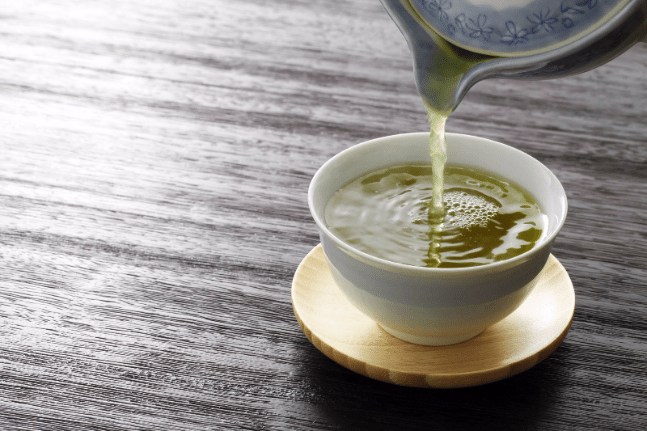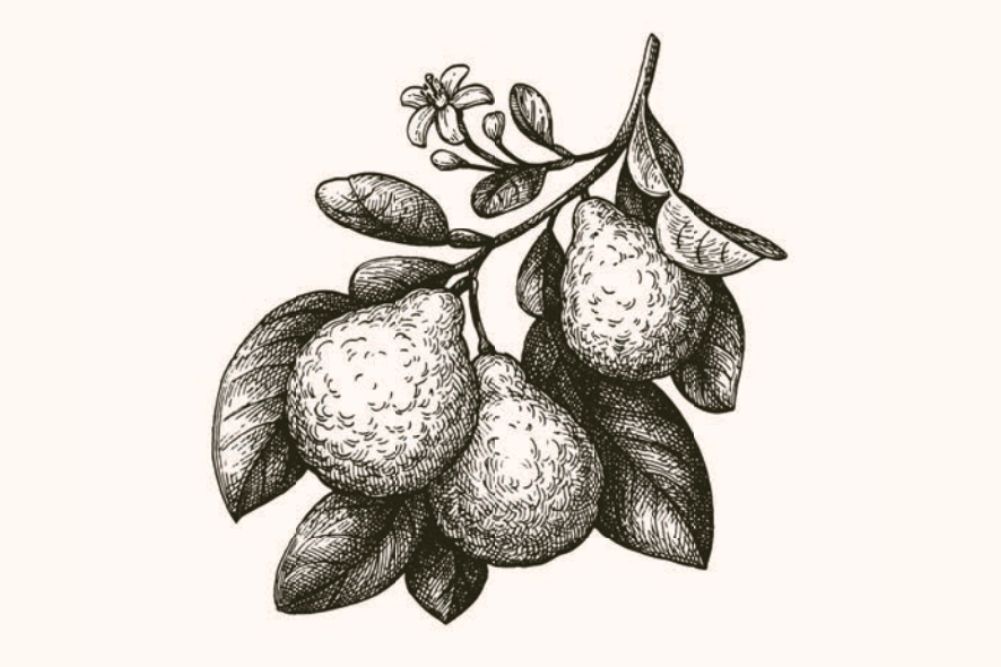Green tea helps for weight loss and performance
Green tea has been around a long while and even in the modern West it has been known for quite a while to be a healthy drink. Most of the attention has been focussed on the antioxidants in green tea but at the same time it does deliver a small caffeine hit, not as much as coffee, but a little punch nonetheless. Green tea has been linked to weight loss programs before but it was always thought that it might be the stimulatory effect of the caffeine, so common in diet pills, that was having the effect. Now however, a new study has shown that decaffeinated green will help with weight loss and boost performance at the same time.
Camellia sinensis is the name of the plant from which we derive not only green tea but also black tea and oolong tea. Green tea is made from unfermented leaves of Camellia sinensis, while oolong tea is made from partly fermented leaves and black tea from fully fermented leaves. The fermentation process brings a lessening of the valuable antioxidant components of the tea leaving green tea with a stronger antioxidant action. There are many factors that impact the caffeine content of tea types.
Camellia sinensis has two sub varieties: the Chinese and the Indian. The Chinese has less caffeine than the Indian variety. Many high grade green teas are made from the bud and its adjacent two leaves. These tender shoots are the sweetest, tastiest and healthiest and they also contain the most caffeine. Local growing conditions also impact caffeine levels. So the bottom line is that taking the many possible varying factors into account, your green and black teas have a similar caffeine content (much less than any form of coffee; other than decaf).
Those taking green tea experienced a 1.63 per cent drop in body fat compared to the placebo group and a 25 per cent increase in fat oxidation
Having addressed that age old chestnut, let’s look at the new research which involved using a decaffeinated green tea extract on active men with an average age of 21. Half of the men took a green tea capsule each day for four weeks while the other half took a placebo. The green tea capsules contained 571mg of green tea extract providing around 400mg of the antioxidant polyphenol EGCG (epigallocatechin gallate).
All of the participants in the study were required to cycle for one hour three times per week. Those taking green tea experienced a 1.63 per cent drop in body fat compared to the placebo group and a 25 per cent increase in fat oxidation. The green tea group also saw an improvement in performance of 10.9 per cent increasing their average distance covered from 20.2km to 22.4km in their cycle sessions.
These effects are not caffeine related as there was no caffeine in the capsules. The researchers say that you would need to drink six or seven cups a day of decaffeinated green tea to get the dosage of EGCG that the capsules delivered. However, since it is decaffeinated drinking six or seven cups (three or four mugs) a day of green tea would be no hardship, especially if you add a twist of lemon (as opposed to a twist of lemming). If you can get through the caffeine withdrawal headache, why not replace some of your coffees each day with some decaf green tea, and your waistline will be better for it.








